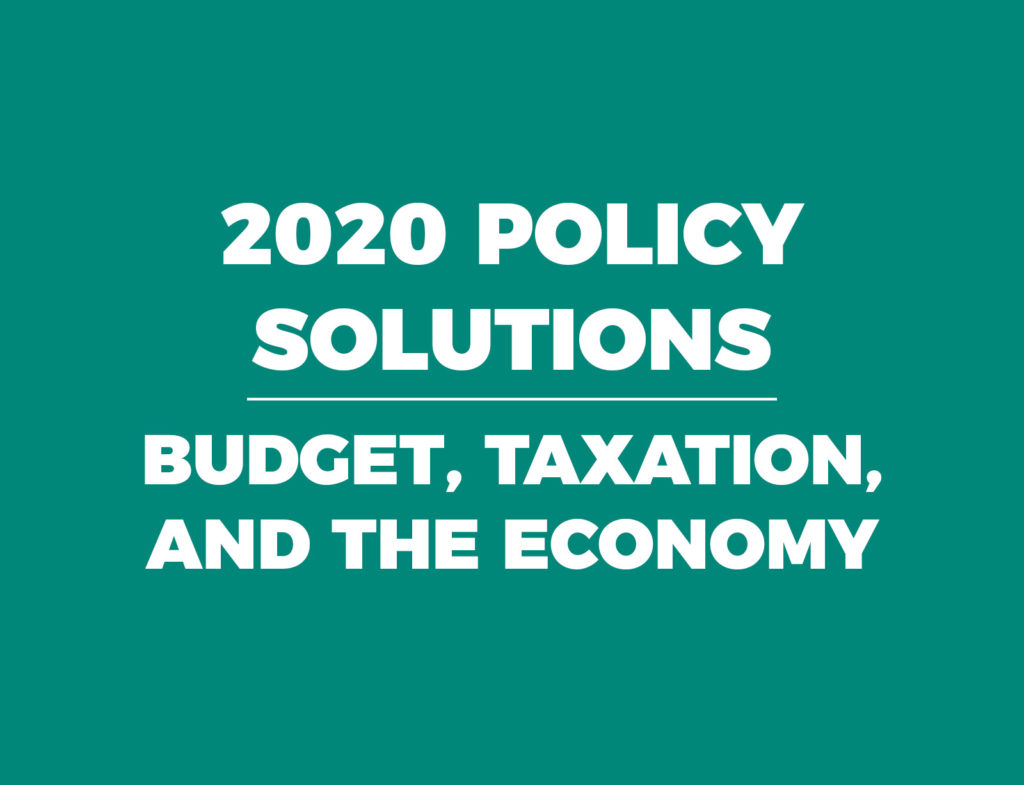Introduction
Updated as of January 2020.
No system of public education can thrive without a high-quality teacher workforce. The problem is that state education bureaucracies enforce rules and regulations that fail to distinguish excellent teachers from poor ones. Indeed, a large body of research shows that certification status, advanced degrees, years of experience, education school courses, and teacher test scores are unreliable indicators of teacher quality.
Our continued use of experience- and credential-based teacher salary schedules means, for example, that some superb educators are making less money than mediocre ones, simply because they have fewer years of experience, lack an advanced degree, or fail to obtain a specialized certification. In the end, the current system does little to encourage our best public school teachers to stay in the classroom.
Across-the-board salary and benefits increases may attract some to the profession, but targeted increases are a much better long-term strategy for improving quality. That said, the state’s capacity to recruit and retain teachers depends on more than just compensation. Educators choose to teach in (or leave) North Carolina for any number of personal and professional reasons. It is equally important for lawmakers to ensure that the state maintains a low cost of living, a strong economy, and superior quality of life.
Key Facts
- During the 2018-19 school year, North Carolina public school districts employed 93,397 full-time teachers. Public charter schools employed 6,939 teachers.
- Approximately 27 percent of North Carolina teachers earned an advanced degree. The North Carolina General Assembly eliminated master’s pay for newly hired educators starting in the 2014-15 school year.
- As of 2019, 22,653 teachers earned National Board Certification, an advanced credential that provides educators a 12 percent salary supplement for 10 years.
- North Carolina Department of Public Instruction data show that unadjusted teacher pay increased 110.5 percent between 1999 and 2019. This outpaced the 42.2 percent increase in state employee salaries and the 56.4 percent increase in the Consumer Price Index during that period.
- According to the state salary schedule for the 2019-20 school year, teachers on the typical 10-month contract had a base salary range of $35,000 for a beginning teacher with a bachelor’s degree to $65,970 for a teacher with a doctorate, National Board Certification, and over 25 years of experience. These figures are base salary and do not include local supplements.
- In addition to their state-mandated base salary, most teachers receive an annual salary supplement from their local school district. The average salary supplement was nearly $4,580 per teacher in 2019. Six school districts provide no local salary supplement. Wake County Schools offered the state’s largest average supplement at nearly $8,720 per teacher.
- For the 2018-19 school year, average teacher pay was $53,975. Matching benefits for teachers add 7.65 percent for Social Security, 18.86 percent for retirement, 4.59 percent for liability insurance, and $6,104 for health insurance to their base salary. To put a value on the benefits package, the average teacher receives over $18,900 in annual Social Security, retirement, liability insurance, and health insurance benefits.
- According to the 2018 State of the Teaching Profession in North Carolina report, the teacher attrition rate for the state’s 115 school districts was 8.1 percent. The rate includes teachers who retired or resigned due to personal circumstances. The mobility rate, that is, those who resigned to teach in another North Carolina public school, was 4.37 percent.
Recommendations
- Broaden the teacher applicant pool by loosening or eliminating certification and licensure requirements. Although the state puts a premium on licensure, advanced degrees, and other credentials, there is little evidence that these factors improve teacher quality or raise student achievement.
- Implement a comprehensive performance and incentive pay system that will pay a portion of teachers’ salary based on the value they add to their students’ learning. North Carolina’s salary schedule is based on years of experience and credentials, neither of which are sound indicators of teacher quality. Rather, the state should consider expanding the availability of performance-based pay based on student growth, which is generated annually by a computer program called EVAAS (Education Value Added Assessment System). While not perfect, research suggests that value-added analysis is the most accurate teacher evaluation tool available.
- Improve the quality of education school graduates by raising program admissions standards, increasing subject-area course requirements, and providing rigorous instruction in research-based teaching methods. While a handful of institutions in the University of North Carolina System consistently produce outstanding educators, others do not.



